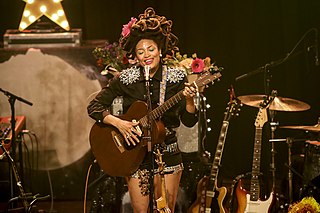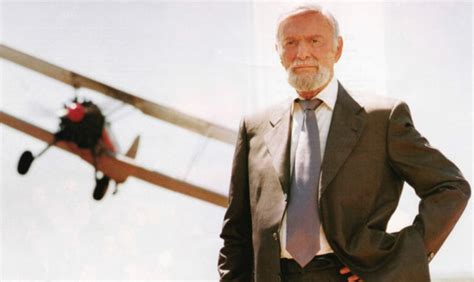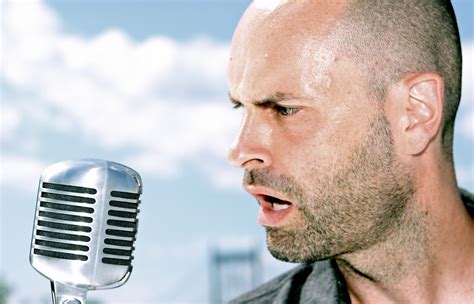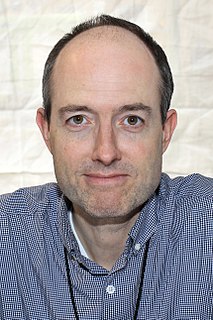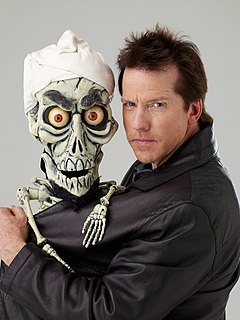A Quote by Lulu Wang
In some ways, every character we write, especially the protagonist, is some version of ourselves, as a writer/director, even if they aren't the same gender.
Related Quotes
Also, getting the chance to play a supporting part meant that I didn't have to do as much as the protagonist, such as running around telling the story. [As the protagonist] you push the story whereas, paradoxically, as a character part, you have a chance to explore some of the nuance and some of the more complicated aspects of a character.
You have to understand that people feel threatened by a writer. It's very curious. He knows something they don't know. He knows how to write, and that's a subtle, disturbing quality he has. Some directors without even knowing it, resent the writer in the same way Bob Hope might resent the fact he ain't funny without twelve guys writing the jokes. The director knows the script he is carrying around on the set every day was written by someone, and that's just not something that all directors easily digest.
'Black Swan' does what Hollywood movies have always done - it spends its energies on getting some surface things right while getting everything important wrong. Darren Aronofsky, the director, applies the same techniques and the same sensibility here as he did with 'The Wrestler,' only with a prettier protagonist.
I'll come up with an idea for a character, and I'll write some jokes and make sure that that character is going to have some legs to it - that it's really going to work. If I can come up with jokes and material that I think will work, then I make a cheap version of the doll. Achmed started out just being this little plastic toy from the store.
Because the writer must be a participant in the scene, while he's writing it — or at least taping it, or even sketching it. Or all three. Probably the closest analogy to the ideal would be a film director/producer who writes his own scripts, does his own camera work and somehow manages to film himself in action, as the protagonist or at least a main character.
The average person might articulate them differently, but we all think about interpersonal relationships in one way or another. Writers just express that in different ways and capture it in different ways. To some degree, we're all thinking about the same things. It's the zeitgeist. The trick, in a way, as a writer, is to hope that your interests in some sense link up with the culture around you.


